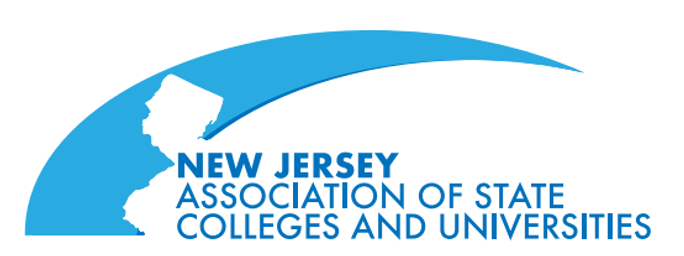MAHWAH, NEW JERSEY – A Ramapo College education translates to an above average return on investment, according to a recent report by the New Jersey Association of State Colleges and Universities (NJASCU). The report finds that Ramapo College of New Jersey makes a positive impact on the overall state economy, provides significant support to an array of job sectors and growth industries here in New Jersey, and, more importantly, demonstrates the important connection between the College’s liberal arts education and the long-term positive earning potential for its graduates.
In its recent report, Lifting Up Students and Communities, Strengthening the State Economy, NJASCU analyzed the important contributions of its member institutions and their impact on graduates, their local regions, and the overall economic and business impact across the Garden State.
“Over the past few years, the pandemic brought into sharp focus that a liberal arts college’s mission isn’t only relevant, but an essential antidote to a most uncertain future. The NJASCU report is proof positive that lifetime earnings and career adaptability for New Jersey’s higher education graduates can be connected back to a comprehensive liberal arts education,” said Dr. Cindy Jebb, President of Ramapo College. “As the state’s premier public liberal arts college, Ramapo teaches people how to think, not what to think, and our well-rounded educational experience translates to an above average return-on-investment for our alumni, their communities, and our state. We are proud to do our part to continually enhance our connections, make the business community more competitive, while continuing to create pathways for successful, financially rewarding, and diverse careers for our graduates and staff.”
Ramapo College also plays an important role in the education of tomorrow’s business and industry leaders, naturally translating into a higher earning potential for alumni who live and work in the state and into more household income spent within the state economy.
Higher education institutions, like Ramapo College, may not be thought of as economic engines, but indeed they are. The institution is among the largest employers, procurers of goods and services, and initiators of capital projects in the local community, which, in turn, support households and businesses throughout the region. With close proximity to New York City and a large campus of over 300 acres, Ramapo attracts its fair share of consumer spending into the state, or helps to retain it within the state, in the form of student living costs and the spending power of a wide range of visitors to its campus.
“While the majority of our impact on state and local economies lies within the education sector, Ramapo College sees its educational programs and graduates impacting industries well beyond, including health and social services, real estate and leasing, and administrative jobs, among others,” continued Jebb. “Public institutions of higher education, including Ramapo College, prepare graduates to become the type of leaders our society truly needs. In concert with our partners at the state level, Ramapo remains committed to growing its liberal arts-driven academic programs and curriculum to answer the needs of the state and its residents, while also doing our part to keep New Jersey-bred talent here in the Garden State.”
The NJASCU report also shows that its member institutions, including Ramapo College, have a $2.15 billion impact on the state economy, supporting almost 18,000 jobs and generating about $60 million in state tax revenues. This represents an impressive return on state investment into these higher education institutions. Very few organizations in the state can collectively boast such a track record. The primary gain the state accrues from these institutions and their operations is not from the spending and circulation of the dollars represented by these colleges and universities, rather it is from the core function of educating and credentialing students, the vast majority of whom hail from New Jersey and will remain in the state upon graduation.
For more information, or to view the full report, click here.
